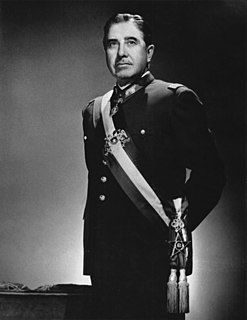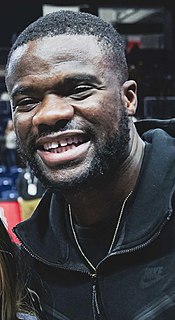A Quote by Anthony Daniels
Reason can never be the absolute dictator of man's mental or moral economy.
Related Quotes
If there is no absolute moral standard, then one cannot say in a final sense that anything is right or wrong. By absolute we mean that which always applies, that which provides a final or ultimate standard. There must be an absolute if there are to be morals, and there must be an absolute if there are to be real values. If there is no absolute beyond man's ideas, then there is no final appeal to judge between individuals and groups whose moral judgments conflict. We are merely left with conflicting opinions.
To try to reform all the power structures at once would leave us with no power structure to use in our project. In any case, we will be able to see that absolute moral renewal could be attempted only by an absolute power and that a tyrannous force such as this must destroy the whole moral life of man, not renew it.
The fact that a belief has a good moral effect upon a man is no evidence whatsoever in favor of its truth. I'm not contending in a dogmatic way that there is not a God. What I'm contending is that we don't know that there is. I don't like the word "absolute." I don't think there is anything absolute whatever. The moral law, for example, is always changing. At one period in the development of the human race, almost everybody thought cannibalism was a duty.
If I were to speak your kind of language, I would say that man's only moral commandment is: Thou shalt think.
But a 'moral commandment' is a contradiction in terms. The moral is the chosen, not the forced; the understood, not the obeyed.
The moral is the rational, and reason accepts no commandments.
The animal kingdom exhibits a series of mental developments which may be regarded as antecedents to the mental development of man, for the mental life of animals shows itself to be throughout, in its elements and in the general laws governing the combination of the elements, the same as the mental life of man.
































